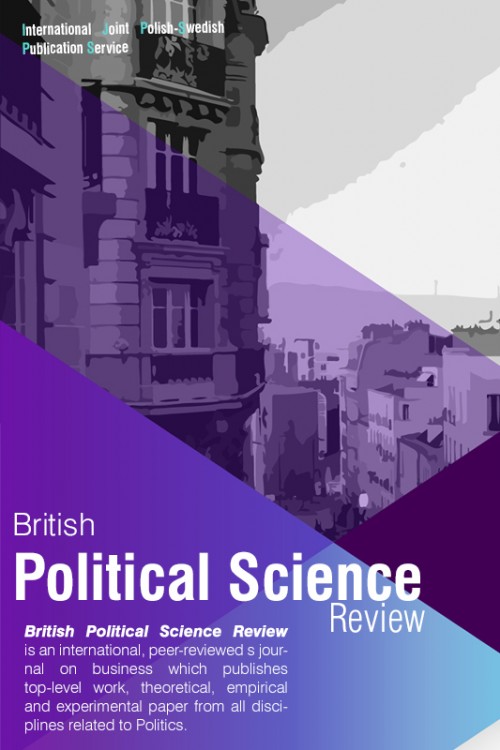
Radical Liberal Democracy; as Foucault’s Alternative for Political Modernity
Abstract
The goal of this article is an evaluation of the concrete effect of Foucault’s fundamental and genealogical criticism of modernity, and to examine Foucault’s ideas that signify the political system and agency. Foucault believes in the de-transcendentalization of power and knowledge in the modern era. The problem is the effect of acceptance of the de-transcendentalization of power on political agency, state, and governmentality. Foucault’s de-transcendental view does not consider the political as something related to sovereignty, and by placing it in an indeterministic framework that is simultaneously cultural and political, he calls it governmentality. Sovereignty doesn't exist in a de-transcendental framework as it may make a person inferior to do something that he wants himself. In contrast, governmentality affects the practice of ruled, as this is the context of self-changing and self-regulating in their everyday behaviors. However, they are not made to do a work that they do not like, but power exercises freely and through the objectification of the subject over them. In response to this problem, Morris Barbie's theory of political modernity is applied as a heuristic device for the definition of the political and method of application in Arthur Lovejoy's history of ideas. The theory of political modernity prompts a dichotomy of freedom-subjugation in two dimensions of state and civil society, so that corresponds with the liberal democratic system through the priority of subjugation. This article hypothesizes that Foucault’s belief that political modernity and a liberal democratic system prompt the priority of subjugation and it leads to radical liberal democracy.